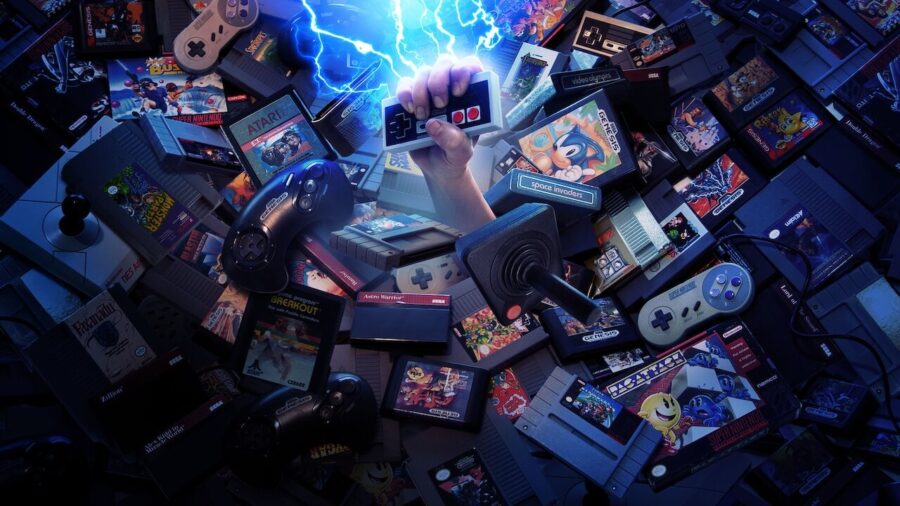The Video Game Recession Is On The Way
The pandemic saw massive growth in those wanting to play video games, however, recent data is showing that a video game recession is now on the way.
This article is more than 2 years old

The video gaming industry witnessed a tremendous, almost unprecedented growth during the COVID-19 pandemic, thanks to the audience that was looking to overcome the boredom and social distancing imposed by the lockdowns. Even non-gamers began playing games. However, the global inflation, driven by pent-up post-pandemic consumer demand and the Russia – Ukraine conflict, threatens to cause a video game recession — a period of temporary economic decline.
According to CNBC, new reports from Ampere Analysis, a market-leading data, and analytics company specializing in the media sector, state that it expects the games market to contract by 1.2% in 2022, to $188 billion. That’s a considerable amount for an industry that has grown 26% in 2022 and added another $39 billion between 2019 and 2021. The report also states that the market “contraction” was something to be expected following the end of the COVID-19 pandemic, when the consumer attention on gaming can become diluted, indirectly leading to video game recession.
The report also noted the negative implications of inflation, with the rising cost of living expenses and the increased chance of another global recession. Considering that the gaming industry saw massive growth during the pandemic, the market has created a wider user base, which makes it more susceptible to economic pressure. So, it’s entirely possible, and almost certain, that the global recession might drag the gaming market down as well, effectively creating a video game recession, which may result in fewer titles being released over the next two fiscal quarters or more.
Before the video game recessions, the industry enjoyed a period of massive economic growth during the lockdowns, which nearly doubled its GDP, jumping from $95 billion in 2015 to $191 billion in 2021. The launch of next-gen Xbox and PlayStation consoles helped boost the market for a short while before proving to be a double-edged sword due to supply chain disruptions and semi-conductor shortages, which affected chip manufacturing, and console production.
The conflicts between Russia and Ukraine, along with supply chain bottlenecks and rising inflation, further increased the chances of video game recession. The lack of consoles on the market directly impacted the developers, and 2021 and 2022 were plagued by continuously delayed titles, while, at the same time, numerous studios in Russia had to close down shop, including both Microsoft and Sony.
Besides affecting the global economy, Russia’s invasion of Ukraine also has another massive effect on the gaming industry. Namely, the country was the world’s 10th largest games market, which is now poised to drop to 14th in the global ranking this year as the country reallocated its resources towards the war effort, costing the market $1.2 billion in value. The video game recession only goes to prove that the gaming market isn’t recession-proof, as multiple factors have combined to hinder the market’s performance.
Ultimately, certain predictions state that the video game recession won’t last for a very long period, and the market is expected to return to growth in 2023, with sales expected to exceed $195 billion. That is if the mobile gaming segment recovers from Apple’s privacy push that prevents game developers from collecting user data.












